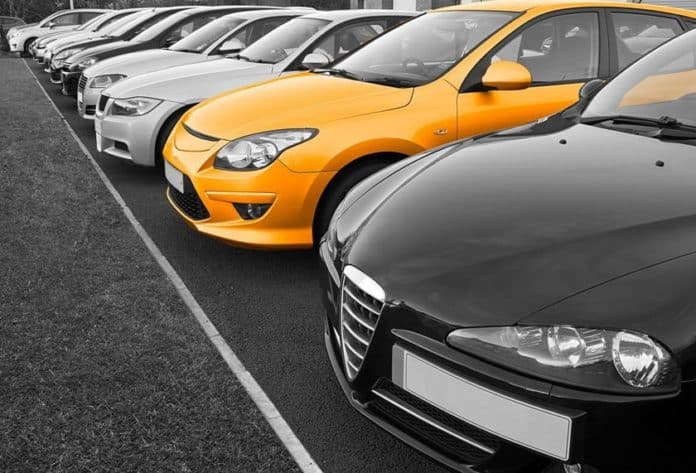
Consumer analysts predicted, at the beginning of 2015, that car sales in the U.S. would continue growing throughout the year, largely because many American consumers have gained enough financial stability following the Recession to consider making a big purchase.
Data from the Global Automotive Outlook suggests that car sales will peak at around 17.4 million vehicles during 2016, and sales from the first part of 2015 suggest that sales numbers for this year will reach around 17.2 million.
Despite this seemingly positive news, economists and automotive manufacturers are actually worried; with so many cars being sold in such a short period of time, the market is already becoming oversaturated. In some regions, CNBC notes, car sales will have jumped 67% by the time this seven-year period ends in 2016.
But there’s one group of consumers that has already become an important part of automotive sales, and could very well keep the auto industry afloat during its certain decline after 2016.
Hispanic consumers have gained a substantial amount of economic stability in recent years, and in some regions — like many cities in Florida — these consumers are the driving forces behind the community’s economic success.
The Orlando Business Journal reports that the American Hispanic population is predicted to grow by more than 1.6 million people each year between 2015 and 2020, according to a report by AMDS Geoscape 2015, and this population has already funneled $44 billion into the auto industry through new car sales.
As Hispanic populations continue rising, it’s reasonable to predict that car dealerships and manufacturers in these areas will continue seeing strong sales — despite what other consumer groups are doing.
Economists have noted that Hispanic Millennials are more likely to be living at home with their parents than their non-Hispanic peers, making a new car purchase more feasible.
Better employment and educational opportunities — like those in the Orlando community — eventually result in better technology. In the online shopping-driven world, better technology leads to confident consumers; the auto industry in particular has benefited from this trend, with around 94% of new car buyers doing research online before making a purchase.
Ultimately it could come down to cultural differences: Hispanic consumers are currently 60% more likely to purchase a new car than the general American population, and they’re more likely to see their first car purchase as a major milestone.
Regardless of the particular reasons behind new car purchases, it seems that Florida’s auto industry is already a little more stable than the rest of the country.

